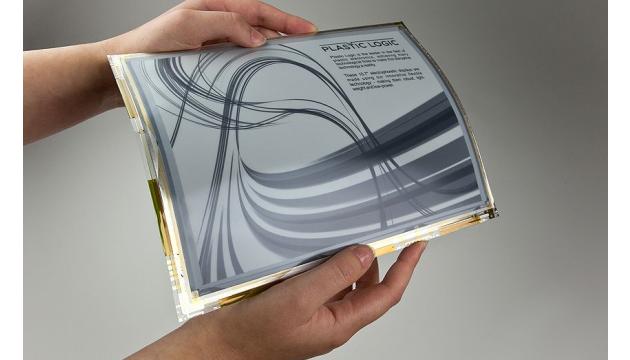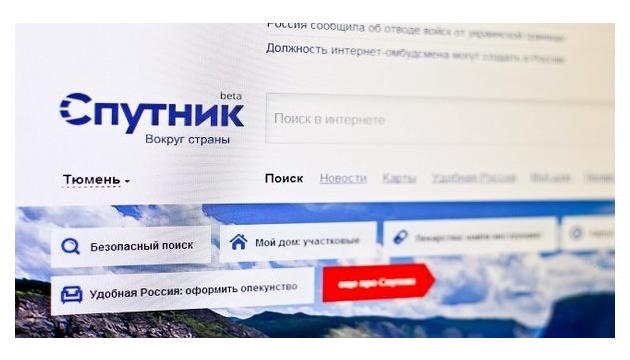After the collapse of the Soviet Union, Russian engineering faced entirely new challenges: market economics, global competition, and the need to secure funding. In this section, we examine post-Soviet Russia's technological projects and inventions that failed to adapt to the new reality. From ambitious government initiatives to private startups, we analyze failures at the intersection of old-school approaches and new economic conditions. What lessons can we learn from attempts to create a "Russian Google," a "domestic smartphone," or breakthrough industrial technologies during this era of change?
Brief Summary:
Invention/Project: Production of Plastic Logic flexible displays in Russia (RUSNANO project)
Companies: Plastic Logic (international, with Russian roots), RUSNANO (state corporation)
Country: Russia (production) / International (technology)
Period: Investments and announcements ~2010-2011, active phase of problems ~2012-2015
Essence: A large-scale project to create a factory in Zelenograd for the mass production of innovative flexible (plastic) displays using E-Ink technology, initiated by RUSNANO with multimillion-dollar investments.
A high-profile failure of a high-tech project. Despite huge investments and ambitious plans (including Chubais's "school tablet"), the factory never reached its planned capacity and did not establish mass production of competitive products. An example of inefficient state investments, technological, and market misjudgments.
Brief Summary
Invention/Project: Hybrid car "Yo-mobile"
Investor/Company: "ONEXIM" Group (Mikhail Prokhorov) / LLC "Yo-AUTO"
Country: Russia
Period: 2010-2014
Essence: A project to create an innovative Russian hybrid car (initially with a rotary-blade engine, then with a conventional internal combustion engine) with a composite body at an affordable price.
Loudly announced and widely advertised, but completely failed project. Not a single serial car was produced. An example of unfulfilled ambitions, underestimation of the task's complexity, technological and economic challenges in the modern automotive industry.
Brief Summary:
Invention/Project: Search Engine "Sputnik"
Developer/Company: LLC "Sputnik" (a subsidiary of PJSC "Rostelecom")
Country: Russia
Period: Development from 2013, launch in 2014, effectively shut down as a search engine ~2020
Essence: State "national" search engine and internet portal with a focus on content filtering, safety, and access to government services.
An ambitious attempt to create a state equivalent of commercial search engines, which failed due to low search quality, excessive censorship, lack of users, and negative perception. An example of non-competitiveness when trying to impose "safety" at the expense of relevance and completeness of information.
Brief Summary:
Product: YotaPhone Smartphone (1 & 2)
Company: Yota Devices
Country: Russia
Period: 2013-2019
Essence: Smartphone with two screens: a color LCD/AMOLED and a black-and-white E Ink.
An innovative product with a unique concept that received initial recognition but failed commercially due to high price, competition, and difficulties in market penetration. The developer company went bankrupt.



